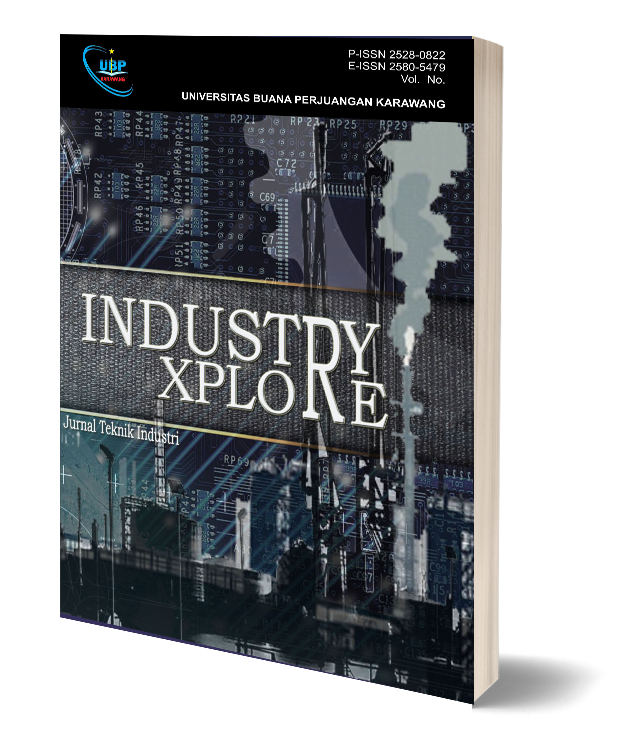KONSEPTUALISASI KERANGKA KERJA ANALISIS KETAHANAN TIM PADA PROYEK PENGEMBANGAN PRODUK BARU DI INDUSTRI OTOMOTIF
DOI:
https://doi.org/10.36805/teknikindustri.v10i1.9976Keywords:
Team Resilience, New Product Development Projects, Automotive IndustryAbstract
Quality scandals in the automotive industry have had a significant impact on new product development projects. This study examines the concept of team resilience in new product development projects within the automotive industry as a response to the effects of quality scandals. Based on the notion that every project must be prepared to face threats, whether anticipated or unexpected, the concept of resilience emerges as a solution to help organizations survive and recover from setbacks. Although new product development projects in the automotive industry are project-based organizations, studies on team resilience remain limited. Therefore, this research aims to develop a conceptual framework for team resilience applicable to new product development projects in the automotive industry. The framework is based on the latest team resilience theories and is modified by integrating relevant contextual factors, thereby facilitating the empirical testing of key variables at both the individual and project levels. Variables were selected through a review of previous empirical studies that highlighted dominant variables and adjusted to reflect real-world conditions. This study is expected to contribute significantly to understanding the implementation of team resilience and to support project success. It also opens opportunities for innovative strategies to significantly enhance competitiveness in the automotive sector.
References
Aven, T., 2019, The Call for a Shift from Risk to Resilience: What Does it Mean?, Risk Analysis, 39(6), 1196–1203, https://doi.org/10.1111/risa.13247
Camp, W. G. (2001). Formulating and Evaluating Theoretical Frameworks for Career and Technical Education Research. Journal of Vocational Educational Research, 26 (1), 27-39
Fisher, C. (2007). Researching and Writing a Dissertation: A Guidebook for Business Students. Financial Times Prentice Hall: Intervarsity Press.
Gamil, Dr. Yaser. Alhagar, Abdulsalam. (2020). The Impact of Pandemic Crisis on the Survival of Construction Industry: A Case of COVID-19. Mediterranean Journal of Social Sciences. Vol 11 No 4. ISSN 2039-2117.
Hartmann, S., Weiss, M., Newman, A., & Hoegl, M., 2020, Resilience in the Workplace: A Multilevel Review and Synthesis, Applied Psychology, 69(3), 913–959, https://doi.org/10.1111/apps.12191
Hartwig, A., Clarke, S., Johnson, S., & Willis, S., 2020, Workplace team resilience: A systematic review and conceptual development, Organizational Psychology Review, 10(3–4), 169–200, https://doi.org/10.1177/2041386620919476
He, Q. H., Zheng, M., & Wang, T. (2019). Resilience for construction project-based organizations: Definition, critical factors and improvement strategies. Proceedings of 22nd International Conference on Advancement of Construction Management and Real Estate, CRIOCM 2017, March, 217–224.
Latham, J. (2017). Conceptual Framework. http://johnlatham.me/frameworks/researchmethods-framework/conceptual-framework/ (accessed 2021 April 28)
Luse, A., Mennecke, B., & Townsend, A. (2012). Selecting a Research Topic: A Framework for Doctoral Students. International Journal of Doctoral Studies, 7, 143-152.
Meneghel, I., Salanova, M., & Martínez, I. M. (2016). Feeling good makes us stronger: How team resilience mediates the effect of positive emotions on team performance. Journal of Happiness Studies, 17(1), 239–255.
Project Management Institute (PMI), 2023, Project Management Body of Knowledge (PMBOK), Project Management Institute Inc.





